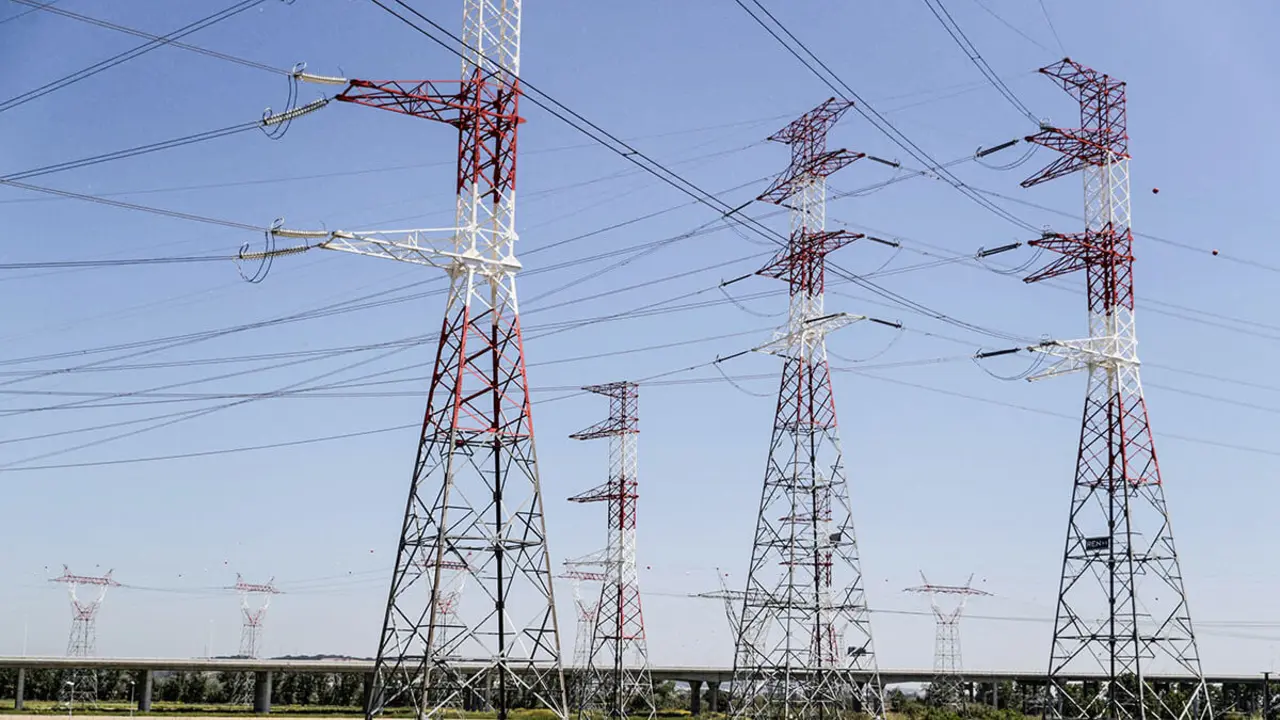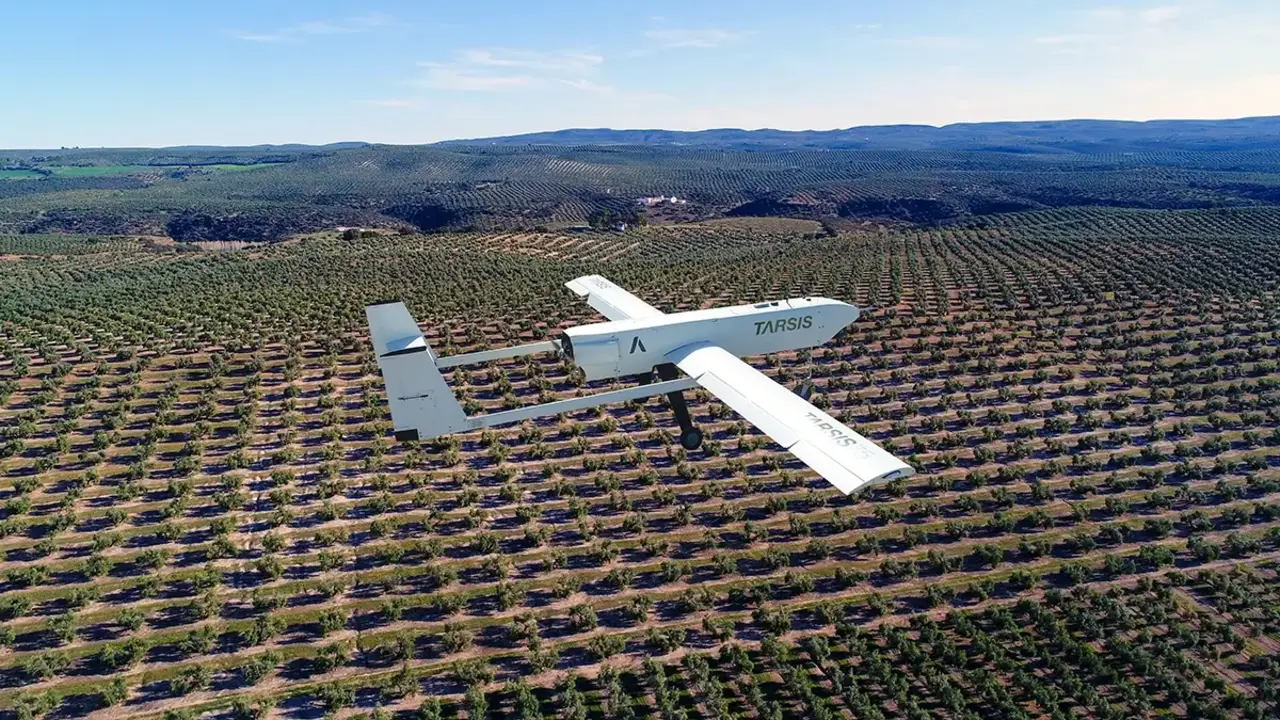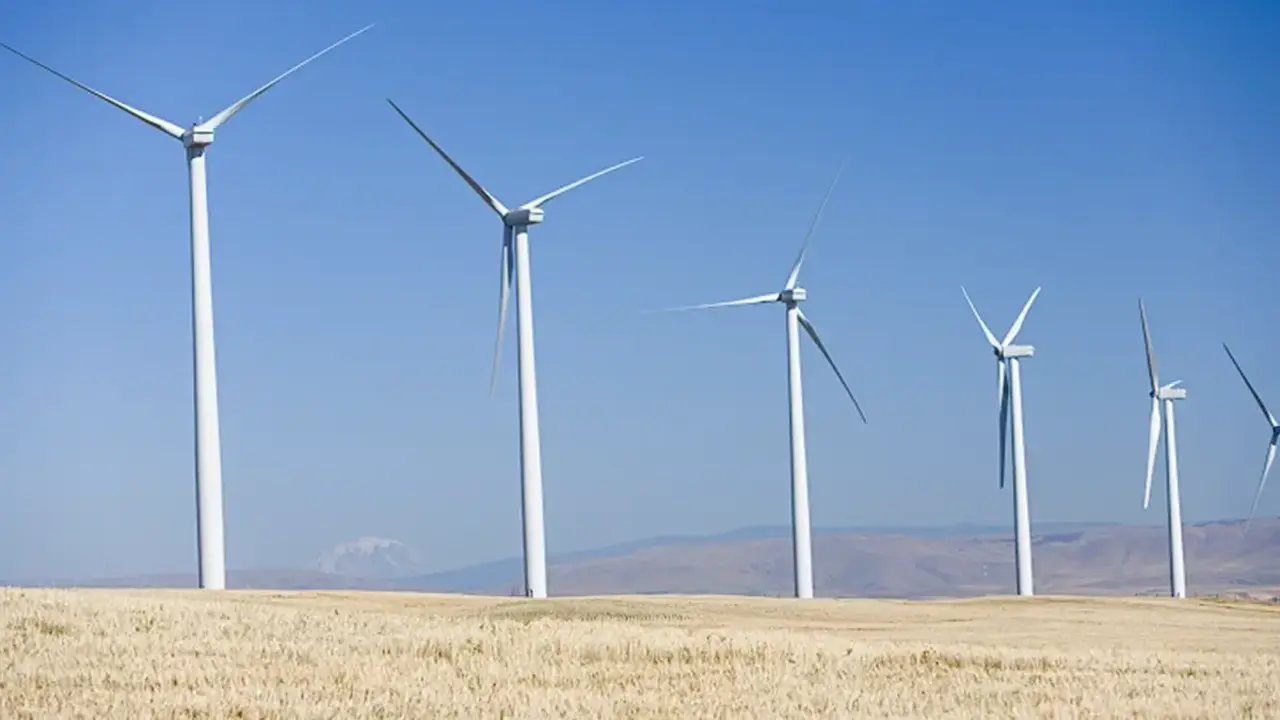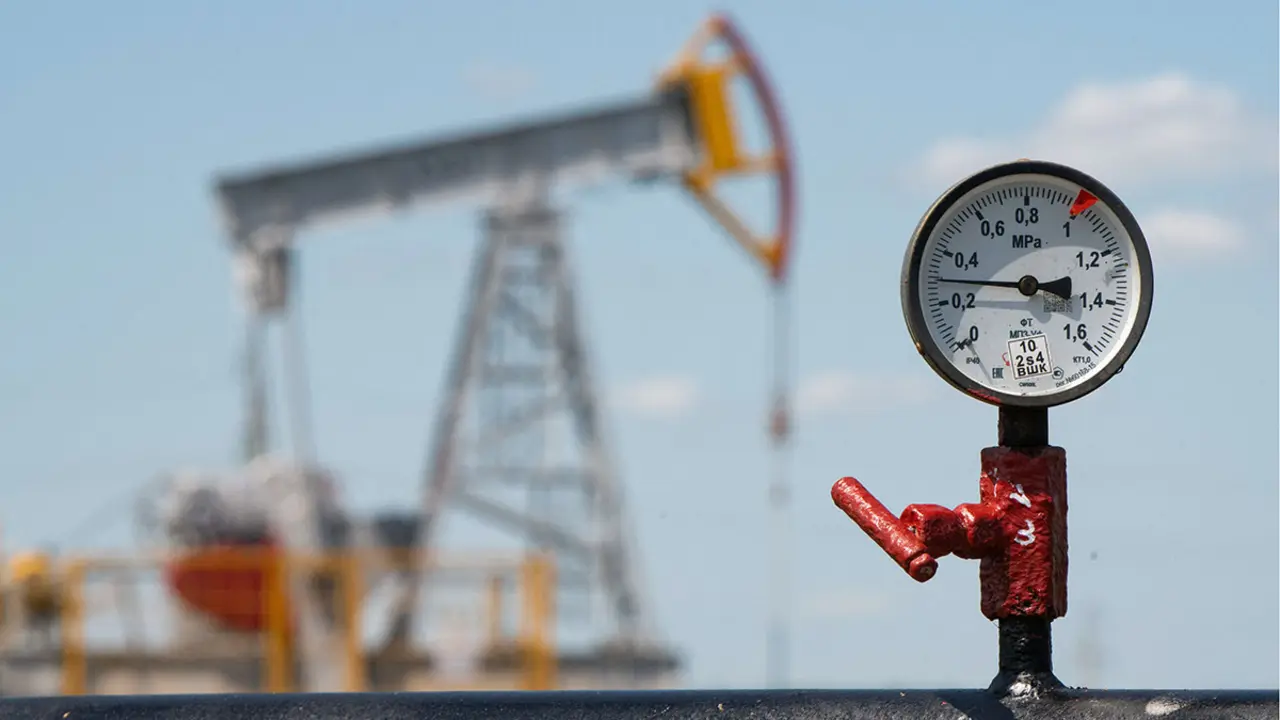Emirates lifts flight ban for Boeing 737 MAX model
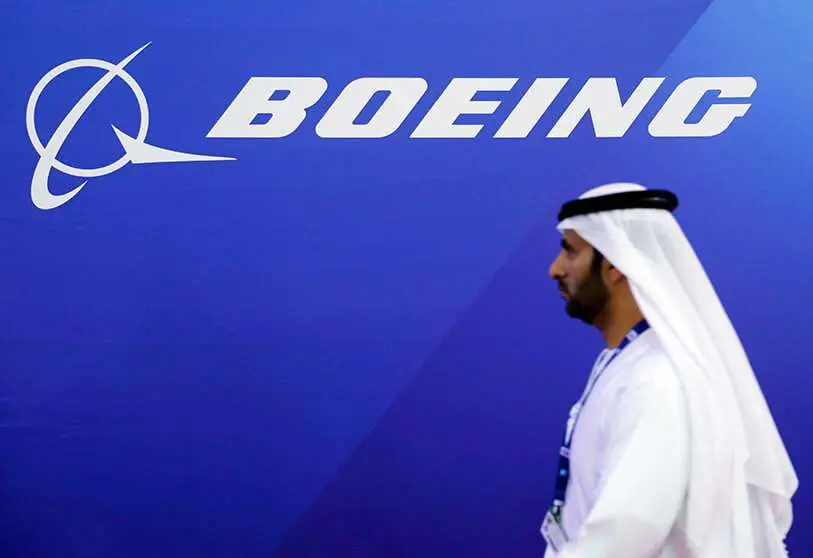
The United Arab Emirates (UAE) has lifted restrictions on flying the Boeing 737 MAX aircraft, which has been involved in several major accidents in recent times due to technical failures, resulting in numerous deaths.
Saif al-Suwaidi, director general of the UAE's General Civil Aviation Authority (GCAA), confirmed the revocation of the directive banning the Boeing 737 MAX from operating and the issuance of a safety decision to allow the aircraft to return to the skies.
Al-Suwaidi added that the lifting of the ban on the aircraft came as a result of "the intensive efforts made by the authority's technical committee through the evaluation of all technical requirements as directed by the European Aviation Safety Agency (EASA), Boeing and the US Federal Aviation Administration (Boeing is an American company, it should be recalled here)".
"The result was that the committee determined that the companies must meet these technical requirements to ensure the aircraft's return to the skies again," he explained. "We emphasised the GCAA's commitment to ensure the safe return of the aircraft to the country's airspace," Al-Suwaidi added, as quoted by the official Emirati news agency WAM.
Al-Suwaidi said the latest decision "includes the correct measures to be implemented by the airlines operating the Boeing 737 MAX aircraft, including updating the MCAS system, pilot training procedures and the operational readiness of all aircraft before returning to operation, in addition to the flight and permit procedures to be issued by the authority for each aircraft".
The GCAA director general noted that the safety decision on this matter also includes the technical requirements to be met by foreign Boeing 737 MAX aircraft, which are expected to operate in UAE airspace.
For his part, Ismail al-Baloushi, deputy director general of Aviation Safety Affairs, assured that proper compliance with the newly mandated safety directives will be monitored. "We will be closely monitoring and ensuring that companies comply with these technical requirements before their aircraft resume operations," said al-Baloushi.
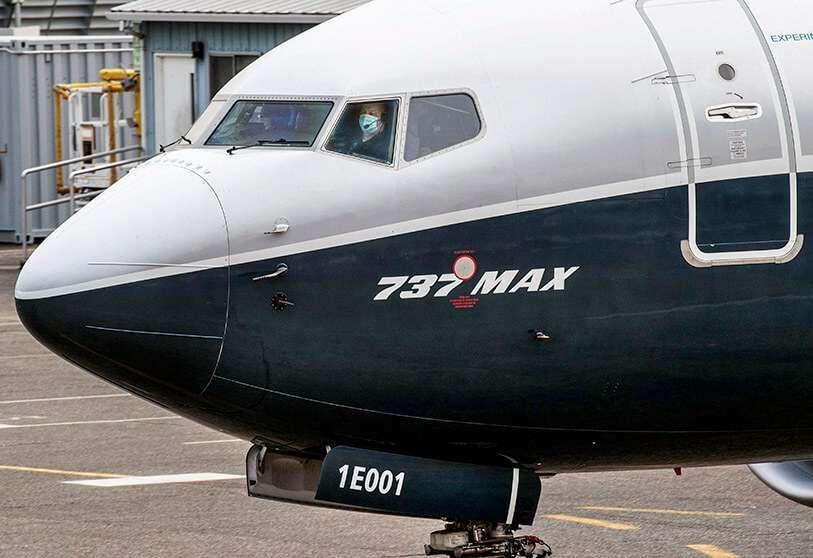
Other nations have also given the go-ahead for the Boeing 737 MAX to return to service. For example, in the case of Belgium, TUI Fly Belgium flight TB1011 between Brussels and Malaga on 17 February 2021 marked the return to service of the Boeing 737 MAX in Europe. It departed at 9:43 from Brussels and landed at 12:15 in Malaga without any problems.
Like the rest of the Boeing 737 MAX operated by different airlines in the international concert, this model had not made a commercial flight since March 2019. The cause was the withdrawal of the model's flight permit due to the accidents of Lion Air flight 610 and Ethiopian Airways flight 302, directly related to a failure of the MCAS, one of the aircraft's flight control systems.
With the trickle of approvals for the 737 MAX's return to service following a major redesign of MCAS and crew training, there is now virtually only China as one of the few places where it cannot yet fly.
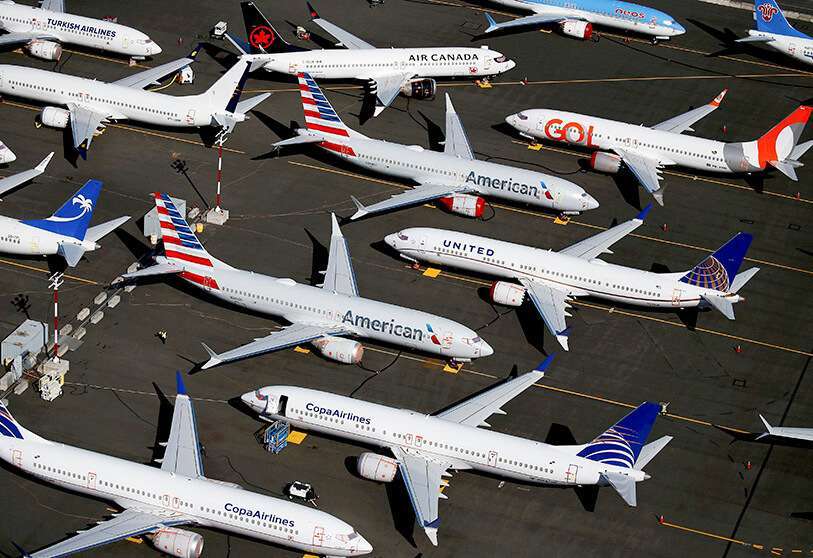
EASA itself approved the return to service of a modified version of the Boeing 737 MAX, which required a package of software upgrades, reworked electrical work, maintenance checks, operations manual updates and crew training to enable the aircraft to fly safely in European skies after almost two years on the ground. "We have reached an important milestone in a long journey," said EASA executive director Patrick Ky. "Following a thorough EASA analysis, we have determined that the 737 MAX can safely return to operation. This assessment was conducted with complete independence from Boeing or the Federal Aviation Administration (FAA) and without any economic or political pressure; we asked tough questions until we got answers and pushed for solutions that met our demanding safety requirements. We conducted our own flight tests and simulator sessions and did not rely on others to do this for us," said Patrick Ky, as recalled by Aerospace News.

